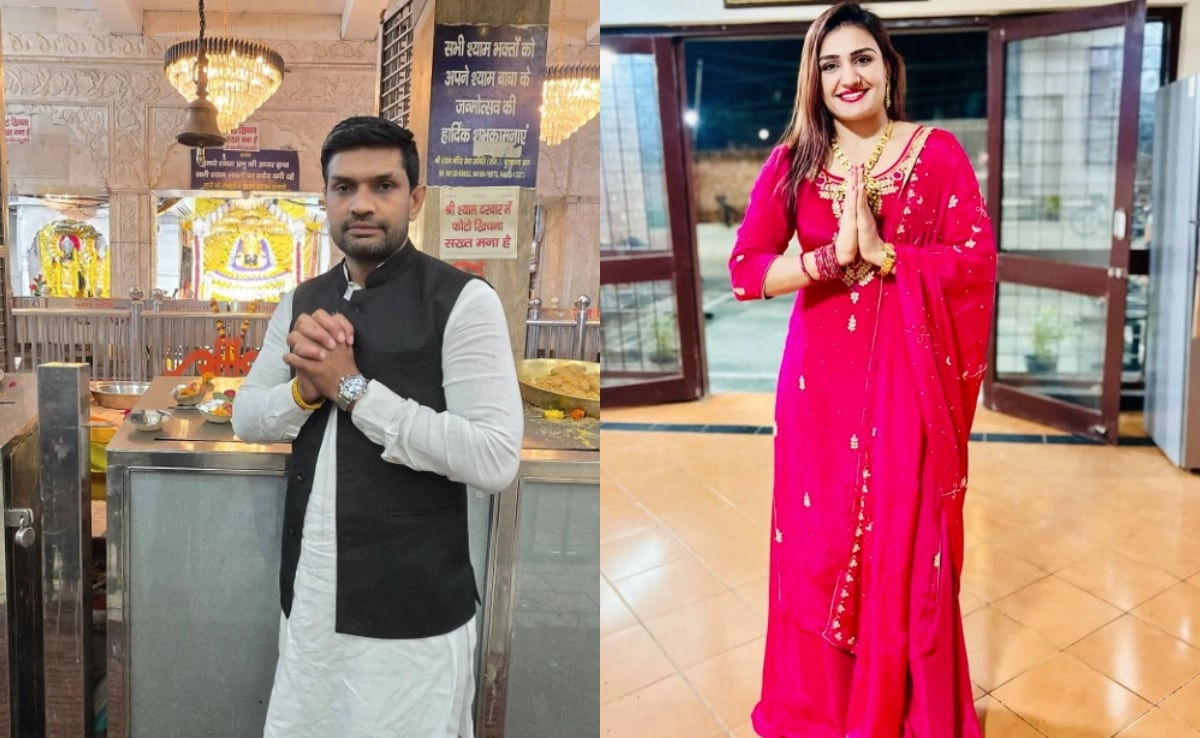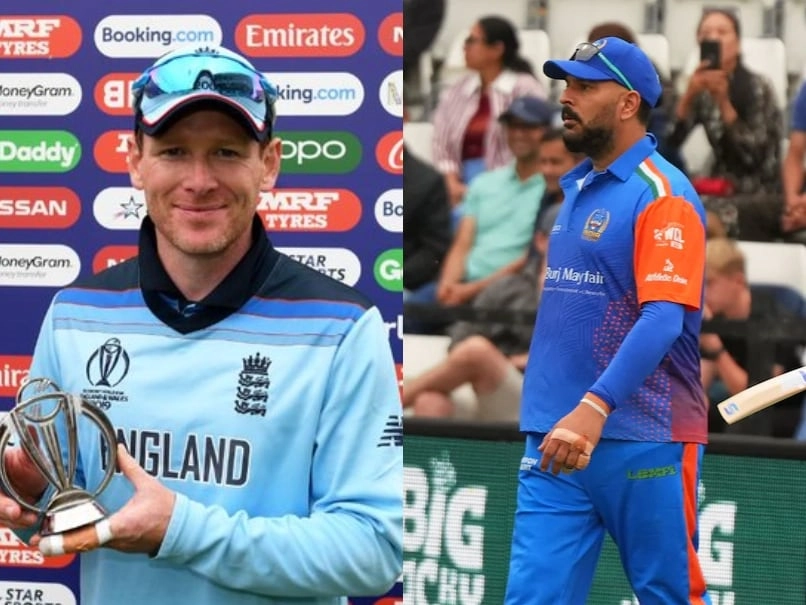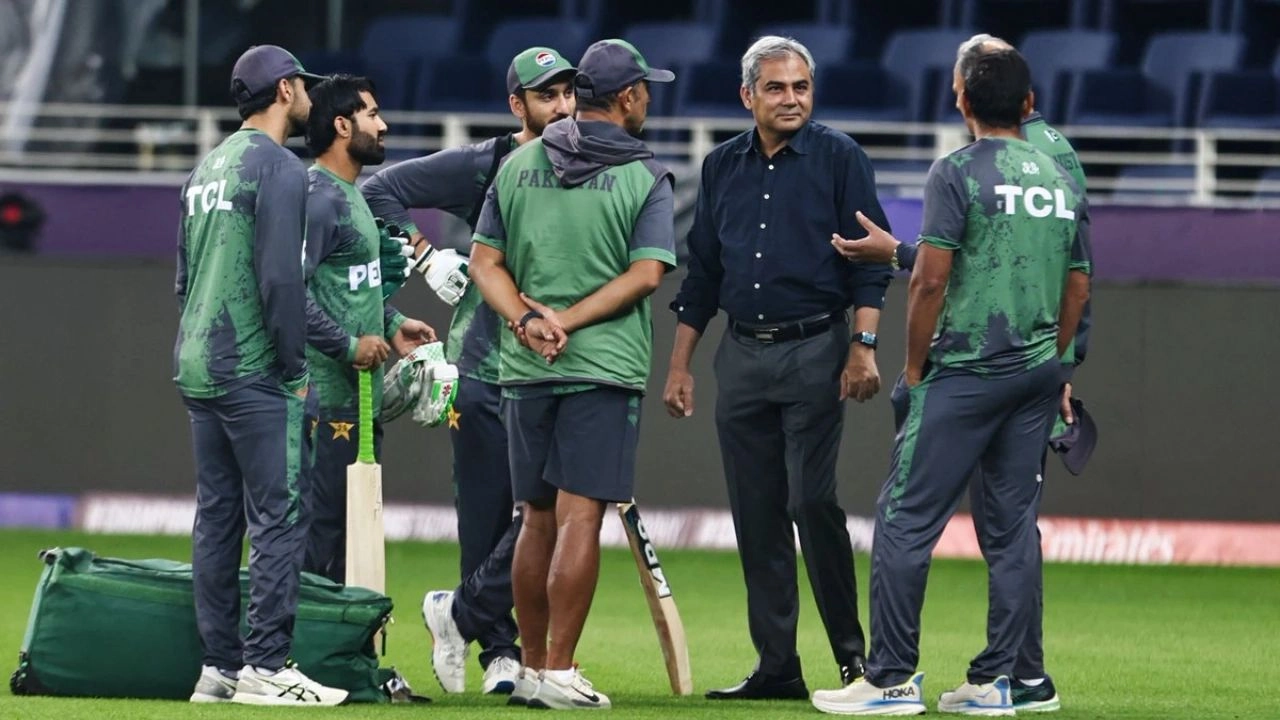In a shocking turn of events, the divorce case between Indian boxer Saweety Boora and her husband Deepak has taken an unexpected twist. Saweety has publicly alleged that her husband subjected her to emotional distress and manipulation throughout their marriage. In a heartfelt statement, she revealed how the relationship evolved into a toxic environment, where she often felt trapped and powerless. Saweety’s revelations have not only shed light on her personal struggles but have also sparked conversations about the challenges faced by women in demanding professions, particularly in the realm of sports.
The boxer recounted instances where Deepak’s behavior made her feel inadequate and undermined her self-worth. She claimed that his actions were not just detrimental to her emotional well-being but also impacted her career as an athlete. As a professional sportswoman, Saweety has always been in the public eye, and the pressure of maintaining her performance amidst personal turmoil only added to her distress. This revelation has resonated with many, bringing forth discussions about mental health and the importance of support systems for athletes, especially women who often find themselves juggling personal and professional expectations.
Saweety’s allegations have ignited a broader dialogue regarding relationships within the sports community, where emotional abuse can sometimes go unnoticed. Many fans and fellow athletes have come forward to express their support for her, acknowledging the courage it takes to speak out against such issues. The case serves as a reminder that despite the glamour and accolades associated with sports, the personal lives of athletes can be fraught with challenges that may not always be visible to the outside world. As the divorce proceedings continue, Saweety’s voice stands as a testament to the resilience of women who dare to confront their struggles, inspiring others to seek help and prioritize their well-being.
In light of these allegations, it is crucial to foster an environment where open conversations about mental health and emotional support are normalized, especially in the high-pressure world of sports. Saweety’s story is a call to action for society to recognize and address the complexities of relationships, ensuring that athletes are not only celebrated for their achievements but also supported in their personal battles. As the narrative unfolds, it is evident that Saweety Boora is not just fighting for her rights in a courtroom but also championing a vital cause that could influence the lives of many others in similar situations.




